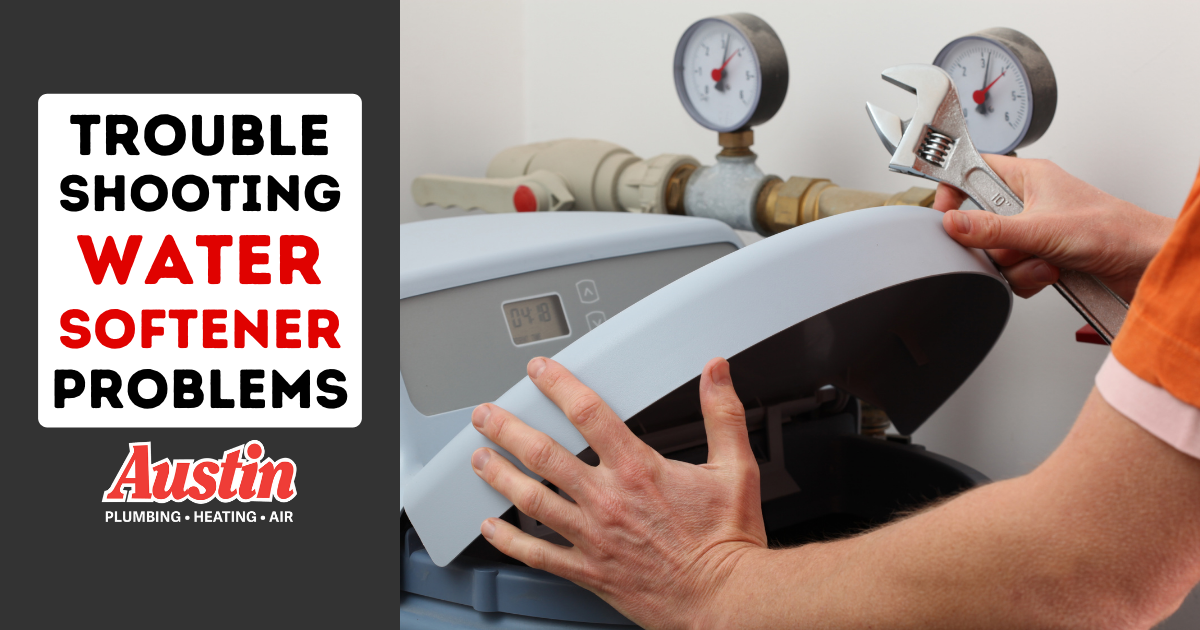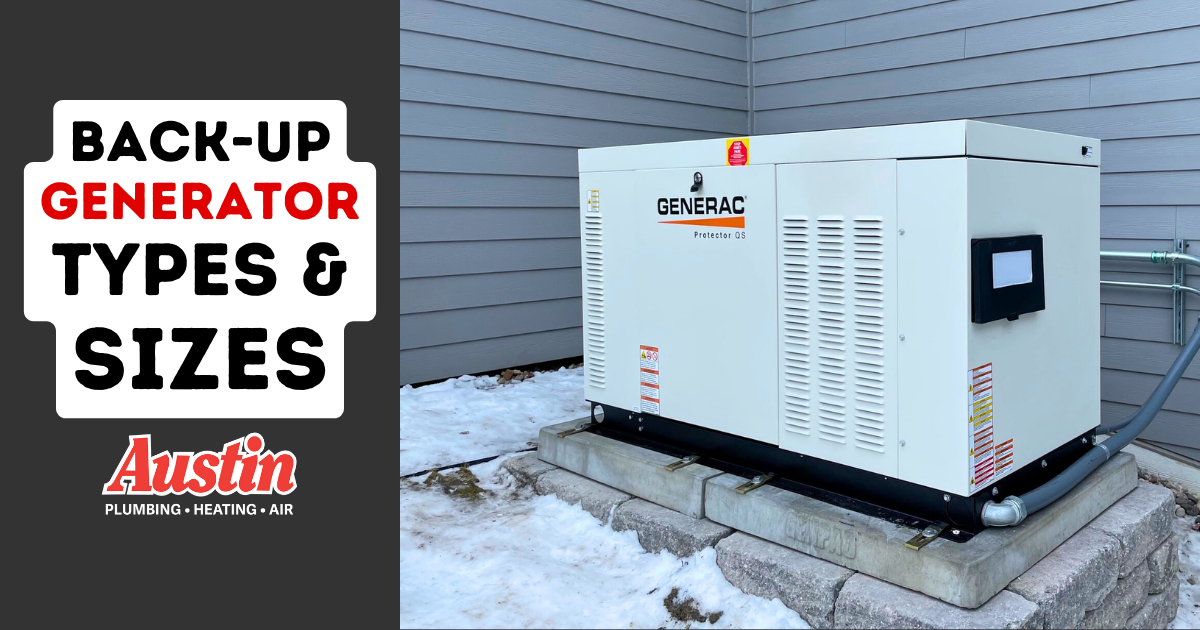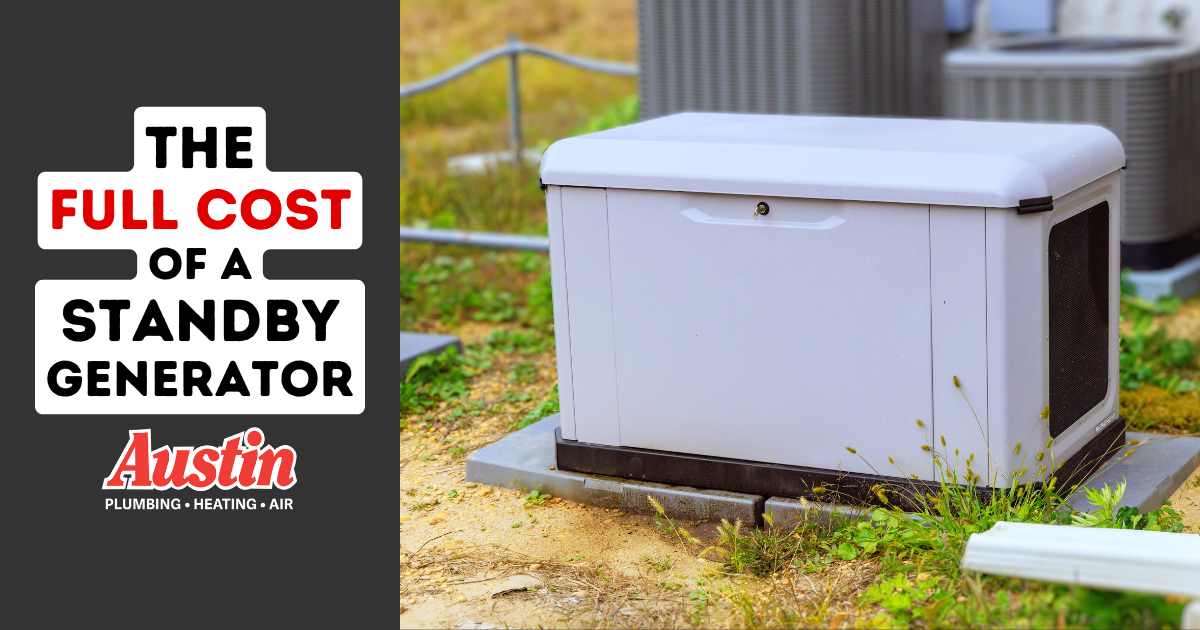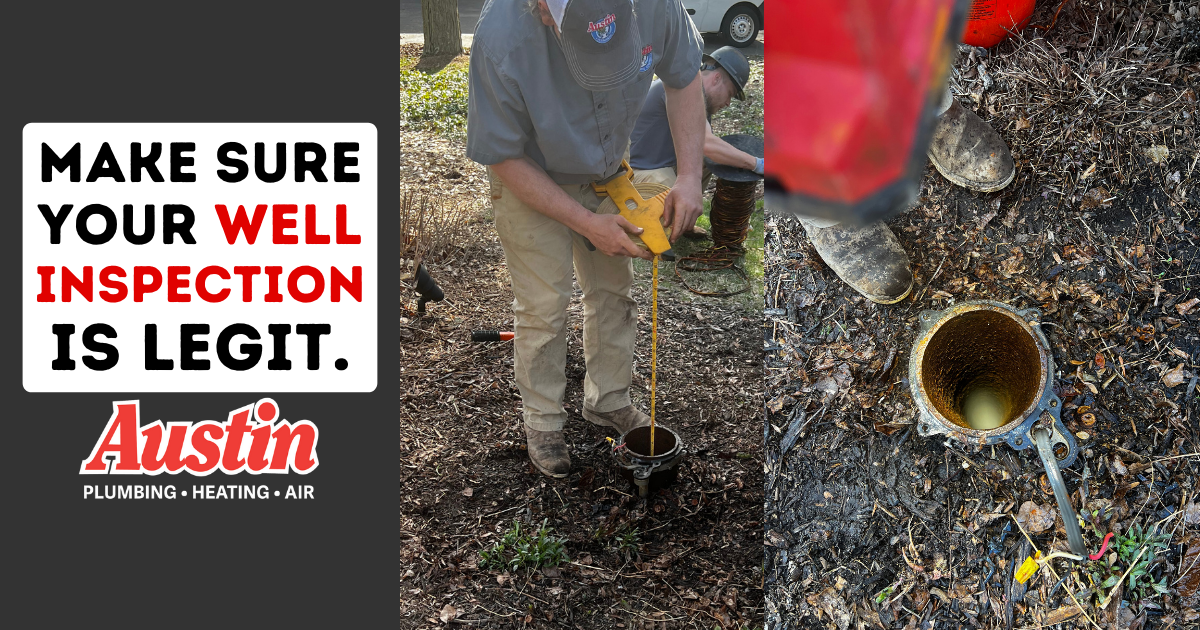Soft Water Waukesha: New Water, Old Problems
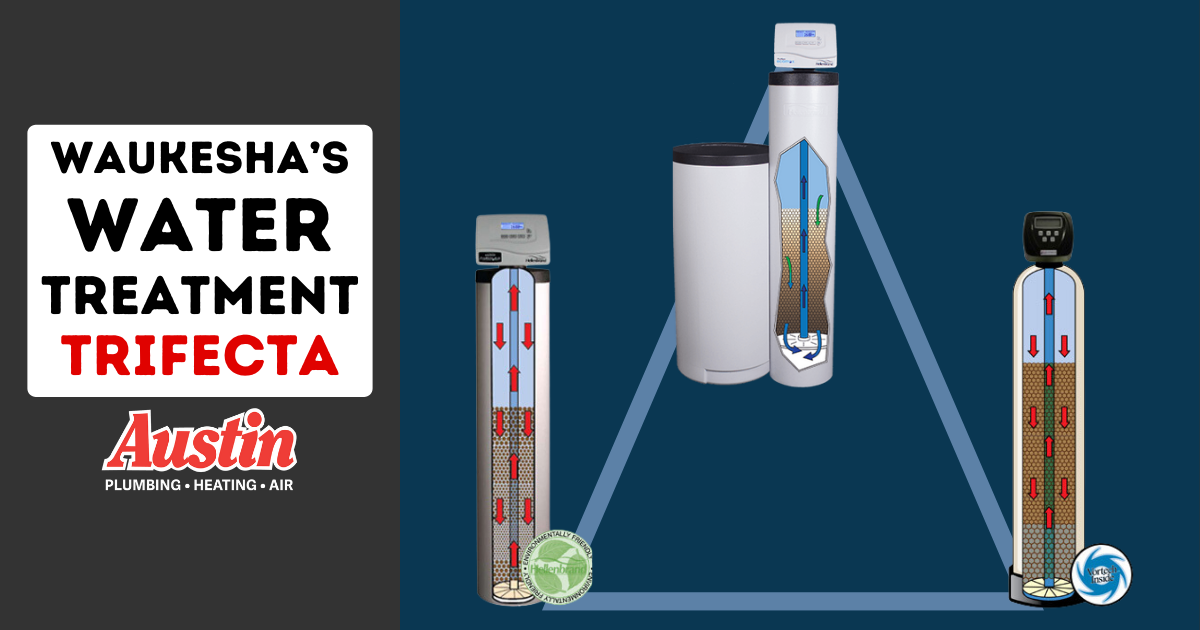
Do Waukesha residents really need a water softener at home? According to our Master Tradesman, that’s a hard YES. Here’s why.
It’s all-or-nothing for Waukesha residents’ health and safety.
Natural Waukesha water is by no means soft-most residents know this and treat their water accordingly-but to call it merely “hard” would be an understatement. For reference, the US Department of Energy considers “hard water” to be anything over 7.5 grains per gallon (GPG). Waukesha water clocks 25 easily.
As a result, before transitioning onto Milwaukee’s water supply, Waukesha residents for decades had a special relationship with water softeners. They weren’t a luxury, but a necessity. But what about now? Isn’t Milwaukee’s water much softer than Waukesha’s? And if so, isn’t it time to reopen the water softener debate?
Both of these questions have short answers (yes, Milwaukee water is softer; no, it’s not that much softer). But not every customer is satisfied with a short answer-and neither are we. So let’s dissect this new water situation in regular Austin style: with straight talk and hard evidence.
Assessing Your Options
Consumers now have a choice to make. There are three basic possibilities from here:
- The first option is to ditch your water softener. Going without a water softener may save you some money, but it comes with an array of obvious downsides (and some less-obvious ones).
- The second option is to trade it in for a chemical reduction filter, instead.
- Finally, there’s the third option, which is to invest in a hybrid system that can both soften Milwaukee’s water and remove the chemicals used to purify it from Lake Michigan’s hazardous natural bateria. (Spoiler alert: this is the best answer. If you stick around, we guarantee you’ll understand why.)
So, what kind of pertinent facts should you use to help make your decision? We thought you’d never ask!
Let’s start with…
Fact #1: Water coming from Milwaukee is harder than Waukesha’s used to.
Waukesha has joined Milwaukee and will now be getting its water straight from Lake Michigan, which has an estimated hardness of 8.01 GPG. That’s 8.01 more than you want. Sure, it’s less than 25-but that’s not a proper comparison, because the average Waukesha resident isn’t used to unsoftened, 25-grain Waukesha water. They’re used to 0-grain water; that is, water softened so thoroughly that it no longer resembles the old Waukesha water supply. Modern technology is truly awesome sometimes!
See, a softener’s job isn’t to lower the water’s hardness to some non-specific number and call it a day (because hey, at least it’s not absurdly hard anymore!). Why settle for that? The entire point of a water softener is to give you water that is perfectly soft, no matter your starting point.
How bad can it be?
For the sake of discussion, though, let’s say one of our Waukesha soft water customers wanted to try living without a water softener. Look, we’re not catastrophizing-the change wouldn’t literally kill you-but it wouldn’t be pleasant, either. You might not hate it as much as roaches or taxes, but we’re pretty confident you’d be less than pleased with the results.
That’s because the difference would be evident virtually everywhere: in your laundry machine, dishwasher, shower-anywhere you use water at all. Water hardness noticeably affects the way soap lathers (or doesn’t), how skin and hair feel out of the shower, and even how food and drink taste and smell. These aren’t just everyday things. They’re multiple-times-a-day things.
You really don’t realize how many moments you’ve lived in ignorant bliss until you experience a sudden increase in mineral content that makes your water pretty much ruin everything it touches. At least if you get bored, you can use your finger to try to spell “regret” in the fog spots on your never-really-clean dishes that never fully dry.
Soft water’s benefits are more than superficial.
Like water from Lake Michigan, this issue runs pretty deep. There’s a lot to consider, like the fact that even in water with “moderate” hardness (around 8 GPG), the presence of corrosive minerals proves more than enough to wreak slow havoc on a home plumbing system. Without a water softener, everything else suffers and breaks more easily. What little money you might save on soft water would only end up funding more frequent repairs.
Also, the case for residential (at-home) water softeners has additional advantages that aren’t covered by commercial (business) water softeners. For example, uniquely residential uses of soft water, like using it to wash your face in the morning, tend to improve a person’s daily life both physically and emotionally. You’re a little more hygienic, a little more confident, and a lot less inclined to wait in line at Starbucks just for that “triple-filtered” cup of tap water on ice.
Fact #2: New Waukesha water (drawn from Milwaukee’s section of Lake Michigan) will be laden with chemicals you’re not used to, either.
Old Waukesha water came from deep underground, via high-capacity drilled wells. One could consider Milwaukee water to be relatively soft, if only in comparison to that. And hey, at the end of the day, you might be one of the few people who don’t mind 8-grain water!
But even if you’re OK with it in theory, reality always comes with a catch.
In this case, the trade-off is that lake water, while softer, also harbors more bacteria. In turn, that means additional decontamination measures are required to make it potable (safe to ingest) before it’s introduced to the populace. Again, will it literally kill you? No. The byproducts of industrial decontaminants are ultimately safer than the actual contaminants in lake water. But it’s something worth thinking about.
Oh, and that’s not all.
It gets worse.
Milwaukee water-which will soon become Waukesha water-is sourced from a particular part of Lake Michigan, a spot not far downstream from where Milwaukee routinely discharges its raw sewage.
Yes, you read that right.
You see, although original Waukesha water was hard, at least it was mostly bacteria-free. Of course, Waukesha still made sure it was chemically treated to the EPA’s standards, but even if that weren’t the case, Mother Earth was doing most of the filtration. Well water for city distribution is only treated for bacteria it may develop while on the way to the end user (that’s you) through the city’s infrastructure.
And now, Waukesha’s looking down the barrel of a different gun. Where sewer water inevitably mingles with the fresh water supply, it’s no surprise that extra safety measures must be taken to make sure that water is clean.
So yes, you’ll probably need a water softener-but don’t stop there. If you want to maximize your confidence in terms of health and safety, you should seriously look into pairing it with a whole-home chemical reduction filter.
Fact #3: Your skin is not a rubber glove!
Most of these disinfection chemicals (and even some of the feared “forever chemicals” + PFAS) are absorbed transdermally, i.e. through the skin. You can buy as much bottled water as you want and drink that exclusively, but can you bathe in it? Nope. That’s why it’s not a realistic solution to the dangers presented in lake water. Once more, having both a water softener + a chemical filtration system = the best method to cover all your bases.
Give it to me straight! Do I need a water softener in Waukesha?
Probably. A “yes” or “no” might be more digestible, but in truth, the final decision is yours.
Having said that, do we recommend owning a water softener in Waukesha? Yes, unequivocally!
By the way, if you do keep your old water softener, get it programmed to match the hardness level of the new water supply (and corresponding salt usage requirements). There’s no sense in having a water softener set to address 20+ grains of hardness when you really only need it for 10.
Again, though, don’t underestimate that 10! It’s the professional opinion of Team Austin’s Master Tradesman that 10 grains of hardness warrants a water softener, hands-down. We’ve seen the effects of not having one, and they aren’t pretty. If you didn’t have one before, but you’d like to have one in the future, then go ahead and start shopping-just don’t fall for any rental schemes!
Waukesha’s Best Bet for Safe Water
Because Waukesha’s incoming water will be both hard and chemically treated, the best plan of attack will be two-fold:
- Get a water softener.
- Invest in a chemical removal system.
(Fortunately, municipal water is already filtered for iron, or it’d be a three-part strategy!)
The presence of things like chlorine in water is no joke. It makes a difference, and that difference will be noticeable. No one should gaslight you out of having a healthy sense of caution about this. Caring about your water supply just makes you a prudent homeowner-someone who prefers to be aware of their options and make a conscious decision rather than accepting whatever comes through your pipes without question.
Austin Plumbing, Heating & Air has spent the last 80 years working closely with Madison’s Capital Water, Wisconsin’s premier water softener manufacturer. Not sure if it’s time to ditch your old softener? Contemplating buying one for the first time? Our master tradesmen are always here to help you make an informed decision with all the information available to us! Direct your questions our way by calling 262-367-3808.


